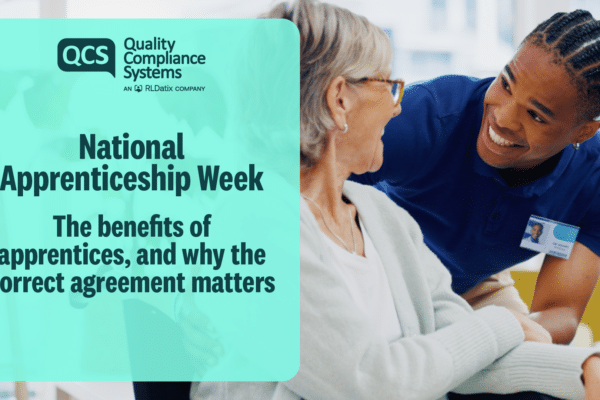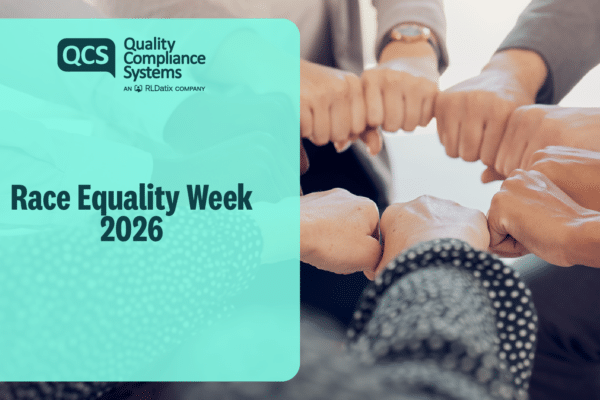
This week I rediscovered yoga following the advice of a friend, finding myself dashing to the gym after a particularly ‘interesting’ day in the office, clutching my mat and hoping I wouldn’t make a fool of myself. During the period of cooling down, with the soothing music and calm voice of the instructor reminding us to ‘let thoughts and worries melt away’, my mind wandered to the fact that I had never seen a person with a learning disability in a class of this sort. Or in the gym, ever, come to think of it.
Now, of course I was failing in my attempt to achieve a state of total relaxation, but this began to trouble me. I know that some of the young people I know are members of a gym and one fellow in particular has had great success in losing excess weight through a programme of exercise. However, I fear that this is not the case across the piece.
The Walk Well Programme
So, following my distraction in the yoga class, I was interested to read this week about a Scottish study into a walking programme that had been set up to encourage adults with intellectual disabilities to take more exercise and enjoy social activities out of doors.
The Programme was funded by the Scottish Government and offered individual specialist consultations and walking programmes to enable participants to become more active. The study, by The University of Glasgow, examined the outcomes on levels of recorded activity in the participating group and with a control group who were on the waiting list, but not yet involved.
After the 12 weeks of the structured programme, it was found that both groups took fewer than 5000 steps per day and 59% were deemed ‘obese’ in BMI measurements. In fact, the participants in the walking programme had not walked more (nor sat less) than before the programme or than the control group.
Glum Reading
The reason given for this rather disappointing result to what might have been a very beneficial project was that there was a lack of support for the participants to actually get out and about. The report suggested that the cuts to social care funding had meant the participants did not have carer support to get out, to mix socially or to achieve the intended benefits of greater physical activity.
Many of the participants lived in areas of social deprivation, where social or leisure walking was not common. The authors of the study said that where much of the support came from family members, a lack of family interest in physical activity meant there was no opportunity for the participants to try it, nor any drive to experience something new.
Without a network of volunteer or paid support workers to prompt people to get up and get active, there would be limited take up of this sort of pastime. All in all, specific social support was a central requirement of any community-based exercise programme for adults with learning disabilities.
This is a sobering report and leaves me feeling that we have a lot to do if we want to help people live longer and gain wellness through physical activity. If you are in a position to offer people (and yourself as a by-product) a bit of heart-rate elevating activity, then I would suggest that it would be a good way to spend your time.
On the evening of the Bake Off Final, I bet going for a nice walk is the furthest thing from your mind, but laying in a darkened room on a mat, after some pretty strenuous bending and balancing could be an attractive alternative.





